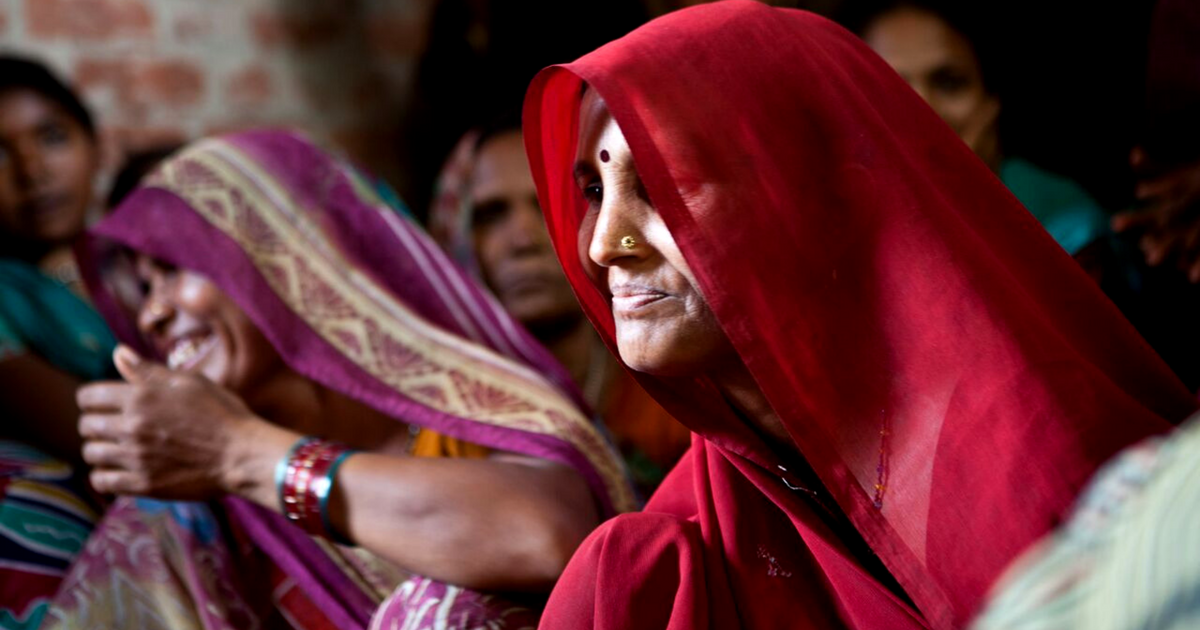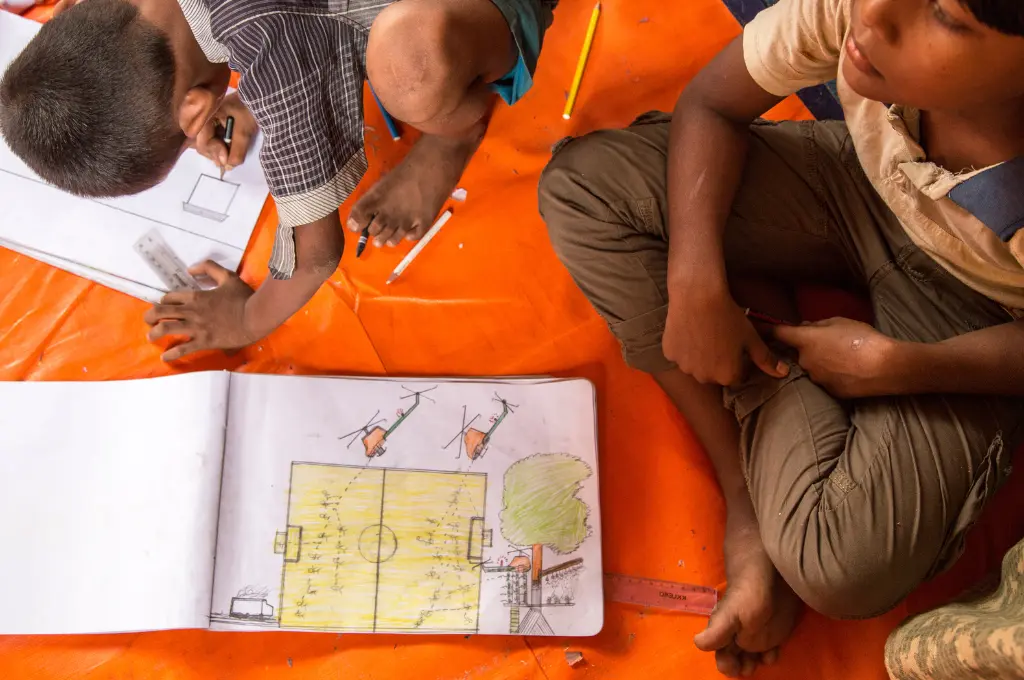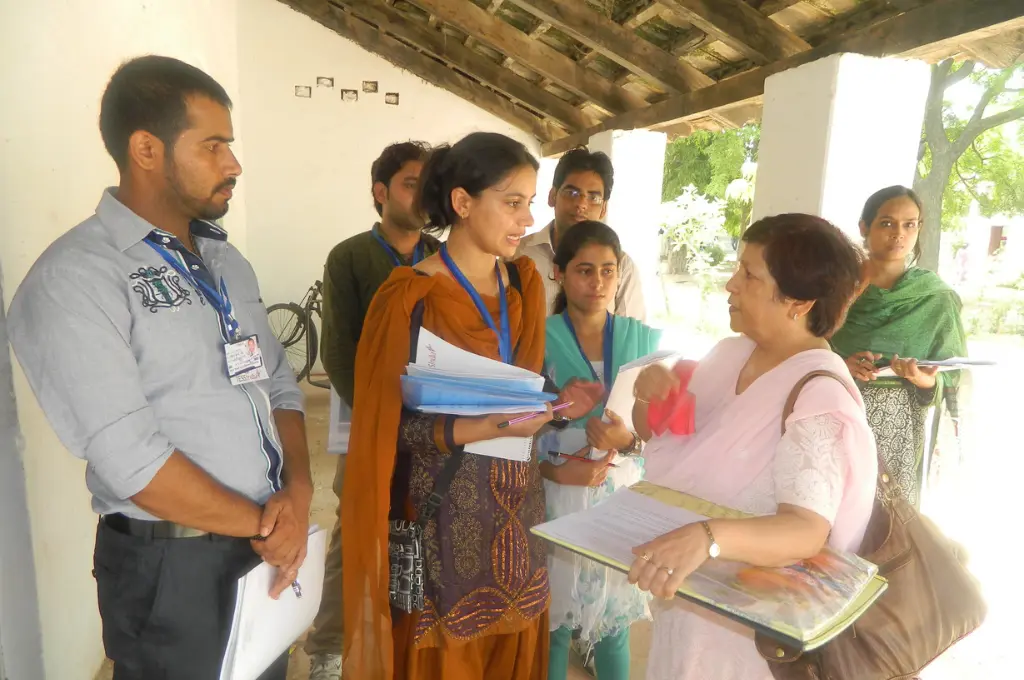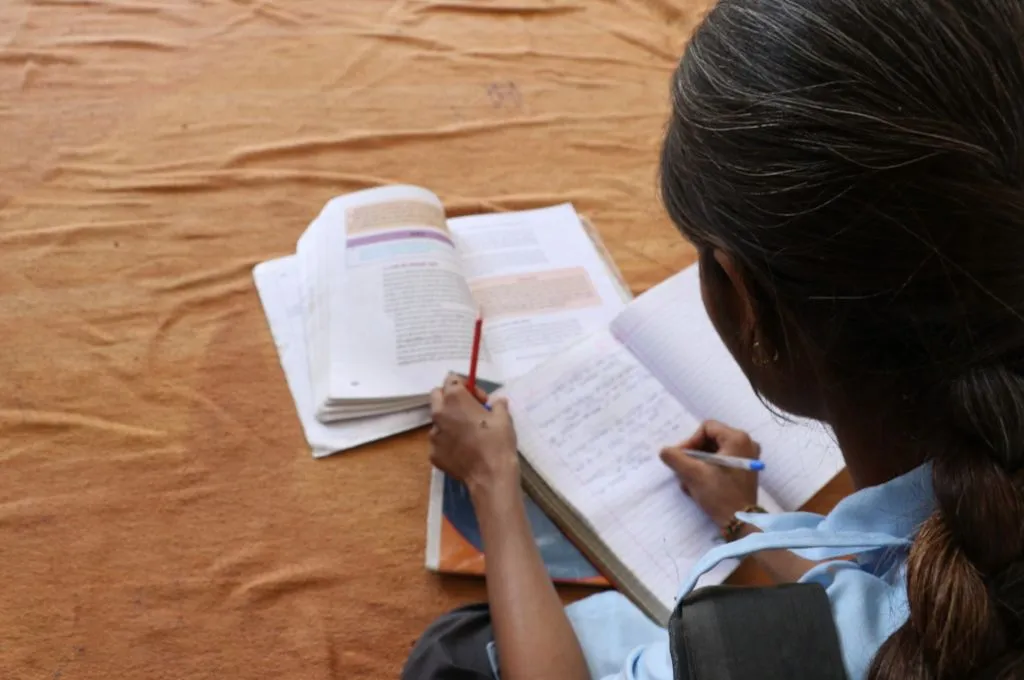I don’t like results frameworks. Most demand that you specify exactly what you will do, where, when, and how many times, in order to achieve specified objectives that contribute to overarching development goals.
Of course, that is a perfectly fair thing to ask of an implementing organisation. Development funds are scarce; every rupee spent needs to be accounted for and must contribute towards creating lasting and transformational change.
But traditional results frameworks force you to either continue doing what you have always done or predict exactly what will happen upon implementation. Neither allows you to learn from mistakes, improve or innovate. What does allow learning, improvement and innovation is adaptive programming—programming that is focused on outcomes rather than outputs, and is flexible.
[quote]Adaptive programming allows learning, improvement and innovation as it is focused on outcomes rather than outputs.[/quote]
At BBC Media Action, the organisation I work for, we use the power of media and communication to help reduce poverty and support people in understanding their rights. We have been working in India since 1999 as an independent, international nonprofit arm of the BBC.
And we have been fortunate enough to find funders that are wholly committed to our approach of adaptive programming. This concept can mean many things to many people but, at its heart, it is about a commitment to specific goals, with flexibility on how you achieve them.
Let me illustrate why I’m a firm believer in this approach. Majboor Kisko Bola! (Who are you calling helpless?) or MKB, was a Google Foundation-funded project to prevent bonded labour among the most vulnerable and marginalised communities in Madhya Pradesh, Chhattisgarh and Jharkhand. MKB was designed to be a radio programme targeting listeners in ‘media-dark’ communities across 110 villages.
The adaptation journey
Our first adaptation in this project was a result of a challenge we faced in reaching larger numbers of people in communities with little or no access to TV, radio or mobile phones. Rather than broadcast, we created a platform called ‘Listener’s Villages’.
Partnering with community-based organisations in those villages, we trained local facilitators and equipped them with a basic radio set that could play content off a flash drive. Each week, these facilitators would convene listening groups, play the MKB radio programme and then lead a facilitated discussion. The idea was to reach at least 50 percent of the households in the village with MKB, every week.
The second adaptation was in our feedback mechanism. We included a ‘missed call’ number in each episode, encouraging listeners to share their views about the show. Though we got the kind of response we had anticipated—people loved specific stories or characters and they wanted to share their own stories or jokes—we also received unexpected feedback.
People began voicing their questions and grievances about a range of issues: they had not received their entitlements, they wanted to know whom to approach to request water supply to their village, they wanted help rescuing friends and family they thought were bonded.
While we were ill-equipped to handle these questions, we saw the situation as a fantastic opportunity to enhance the impact of our project. If we could connect listeners to people who could actually resolve their grievances, we could maximise impact.
Thus, we introduced our third adaptation: Shrota Samvaad (listeners’ dialogue) events. These were large-scale events where MKB listeners came face-to-face with the district administration, including the district magistrate, local police, the labour commissioner and the press. Over 5,000 official grievances were registered with district authorities at these events.
Results of the MKB project were heartening:
- 37 percent of MKB listeners had a clear understanding of the legal definition of bonded labour versus 7 percent of non-listeners.
- 62 percent of listeners recognised at least three labour rights violations compared to 32 percent of non-listeners.
- 61 percent of listeners said they would encourage people to fight for their rights versus 47 percent of those unexposed to MKB.
So, what did we learn about adaptive programming?
1. Focus on the questions, not the answers: At the project planning stage, focus more on the outcomes and the ambition than on the specific solutions that will get you there. Think of your project design as questions you seek to answer. This allows for innovation, experimentation and out-of-the-box thinking.
2. Plan for financial flexibility: Don’t confuse this with loose financial control or a lack of financial processes and accountability. If anything, adaptive programming requires greater financial rigour. But if you can design your budgets to have flexibility in your project design and outputs, you have a much better chance at trying new things.
3. Adapting takes time and money: This is not the same approach as producing a single set of outputs and letting them ride all the way till the end of the project. Every change in approach, new strategy, or fresh output requires time, money and manpower.
4. Recruit for skills and attitude: Rather than focusing on specific experience, enable your team to build skills such as lateral thinking, problem solving and nimble implementation. Without these, adaptability is impossible.
5. Monitor constantly: Check whether your programme is on track to achieve your outcomes. Being adaptable means being able to identify when you need to adapt as well.
6. Be aware of both opportunities and threats: They are key drivers of adaptive programming. There may be opportunities you had not seen before starting the project, or those that arise along the way. Equally, keep your eyes peeled for threats that could derail your programme.
7. Trust your team’s instincts: Your team is immersed in the project and understands your stakeholders and the local context. That said, make informed decisions.
Adaptive programming can often seem like nothing is going to plan—indeed, there is no plan. Which is why it is essential to review consistently against your overall goals and ambition. Keep your eye on the horizon and make sure you use the instruments you have: your team, your monitoring research, and your relationship with donors and partners.
This article has been cross-posted on BBC Media Action’s Insight blog.






